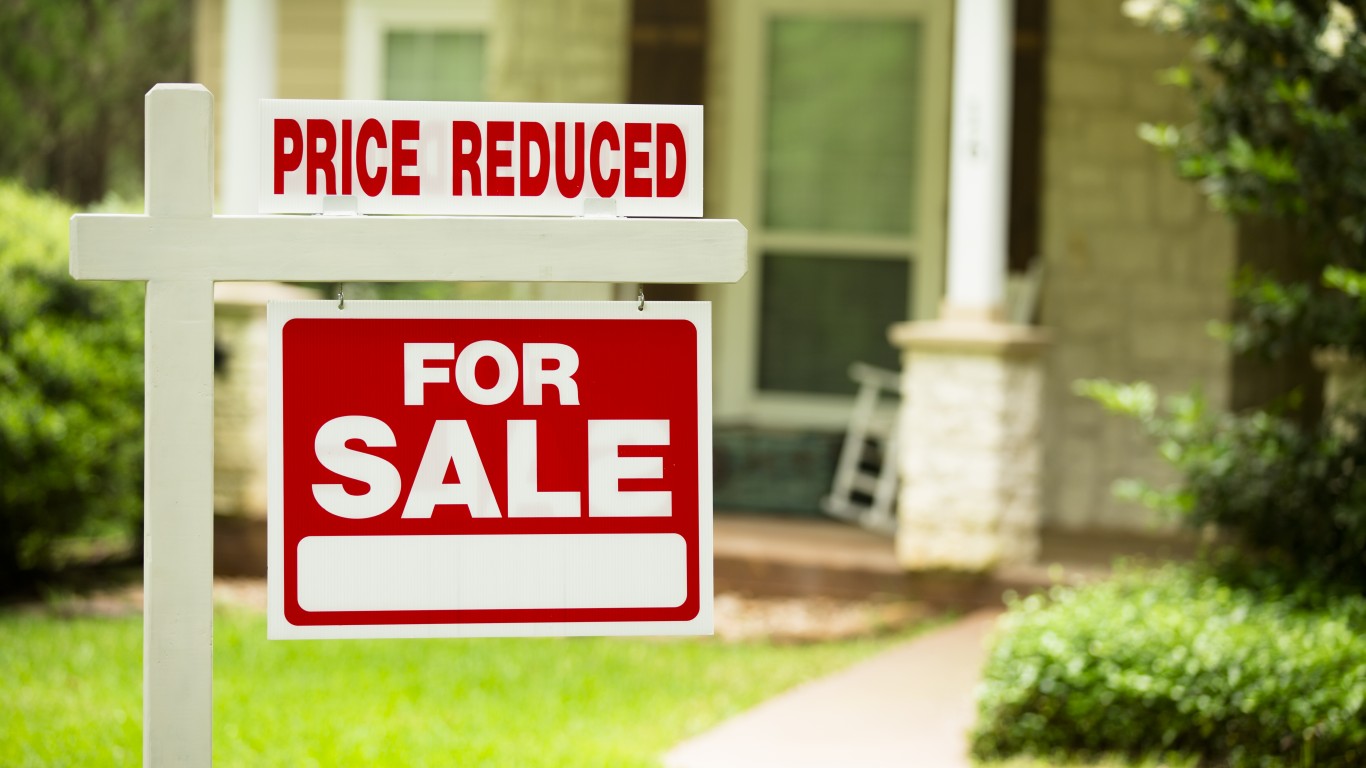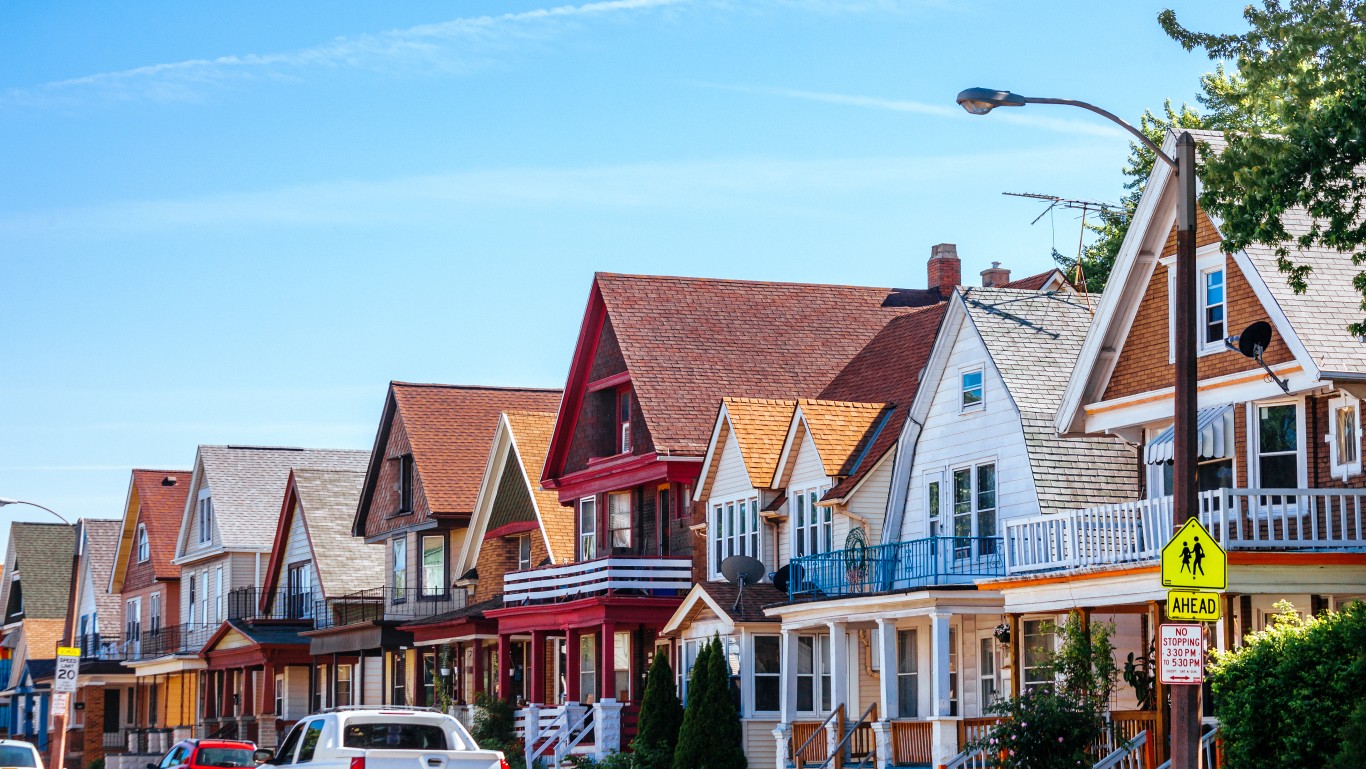 There are a handful of theories about what will signal a bottom of the housing market. Perhaps an increase in prices or a drop in the supply of homes or the days that the average home for sale stays on the market. Maybe an improvement in the percentage of homes with underwater mortgages. No piece of data is more telling than the number of foreclosures. They flood the market with low-priced houses, and they are a sign that people either cannot afford their homes or do not want to anymore.
There are a handful of theories about what will signal a bottom of the housing market. Perhaps an increase in prices or a drop in the supply of homes or the days that the average home for sale stays on the market. Maybe an improvement in the percentage of homes with underwater mortgages. No piece of data is more telling than the number of foreclosures. They flood the market with low-priced houses, and they are a sign that people either cannot afford their homes or do not want to anymore.
The Mortgage Bankers Association released information that showed that:
The combined percentage of loans in foreclosure or at least one payment past due was 11.33 percent on a non-seasonally adjusted basis, a 120 basis point decrease from last quarter and was 98 basis points lower than a year ago.
The improvement seems substantial. It really is not, given that the number remains so high and that the figure for homes in actual foreclosure is alarming. The MBA reports:
The percentage of loans on which foreclosure actions were started during the fourth quarter was 0.96 percent, down three basis points from last quarter and down 12 basis points from one year ago.
The figures also avoid discussion of so-called shadow inventory, which are homes that banks have foreclosed on but have not put on the market. The number is sometimes put as high as two million.
The plague of these foreclosures continues to spread beyond the properties themselves. Houses in a neighborhood where there are foreclosed homes have a sort of stigma. And foreclosed homes generally sell at below market prices, which tends to pull down the prices of many homes in the vicinity.
The only ways to address the foreclosure problem quickly are ones that will not be taken, because they have not been up until now. The government and banks know that without financial aid or a drop in the principle on mortgages that are in trouble, people cannot stay in homes or will abandon hope that these homes will ever be worth more than the loans they carry. The federal government is too large to address the problem at the very local level at which it needs to be addressed. Banks have too many incentives to sell homes rather than alter mortgages. Bureaucracy and self-interest will continue to keep solutions from implementation. There are also fears that solutions will not work, which would leave some people in the federal government vulnerable to attack for a failure.
The mortgage problem will not be fixed soon because so many parties have no reason to fix it, and the people who own the homes cannot.
Douglas A. McIntyre
The Average American Is Losing Momentum On Their Savings Every Day (Sponsor)
If you’re like many Americans and keep your money ‘safe’ in a checking or savings account, think again. The average yield on a savings account is a paltry .4%1 today. Checking accounts are even worse.
But there is good news. To win qualified customers, some accounts are paying more than 7x the national average. That’s an incredible way to keep your money safe and earn more at the same time. Our top pick for high yield savings accounts includes other benefits as well. You can earn up to 4.00% with a Checking & Savings Account today Sign up and get up to $300 with direct deposit. No account fees. FDIC Insured.
Click here to see how much more you could be earning on your savings today. It takes just a few minutes to open an account to make your money work for you.
Our top pick for high yield savings accounts includes other benefits as well. You can earn up to 4.00% with a Checking & Savings Account from Sofi. Sign up and get up to $300 with direct deposit. No account fees. FDIC Insured.
Thank you for reading! Have some feedback for us?
Contact the 24/7 Wall St. editorial team.


